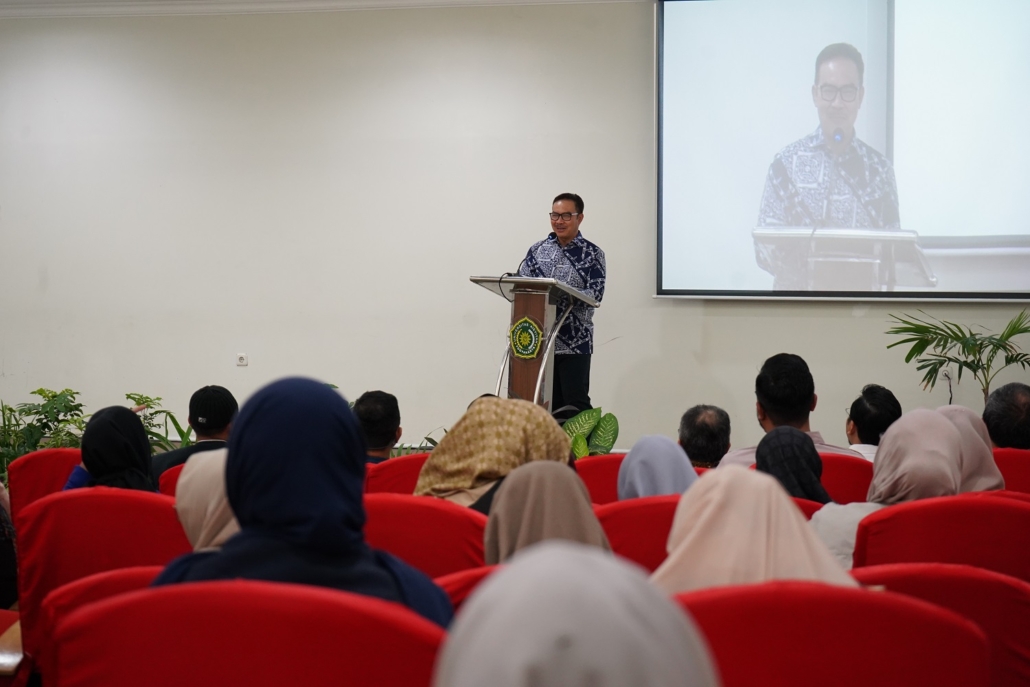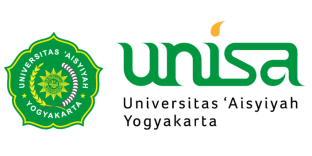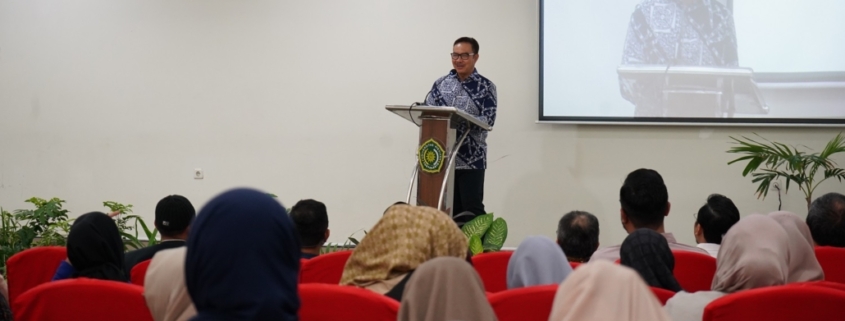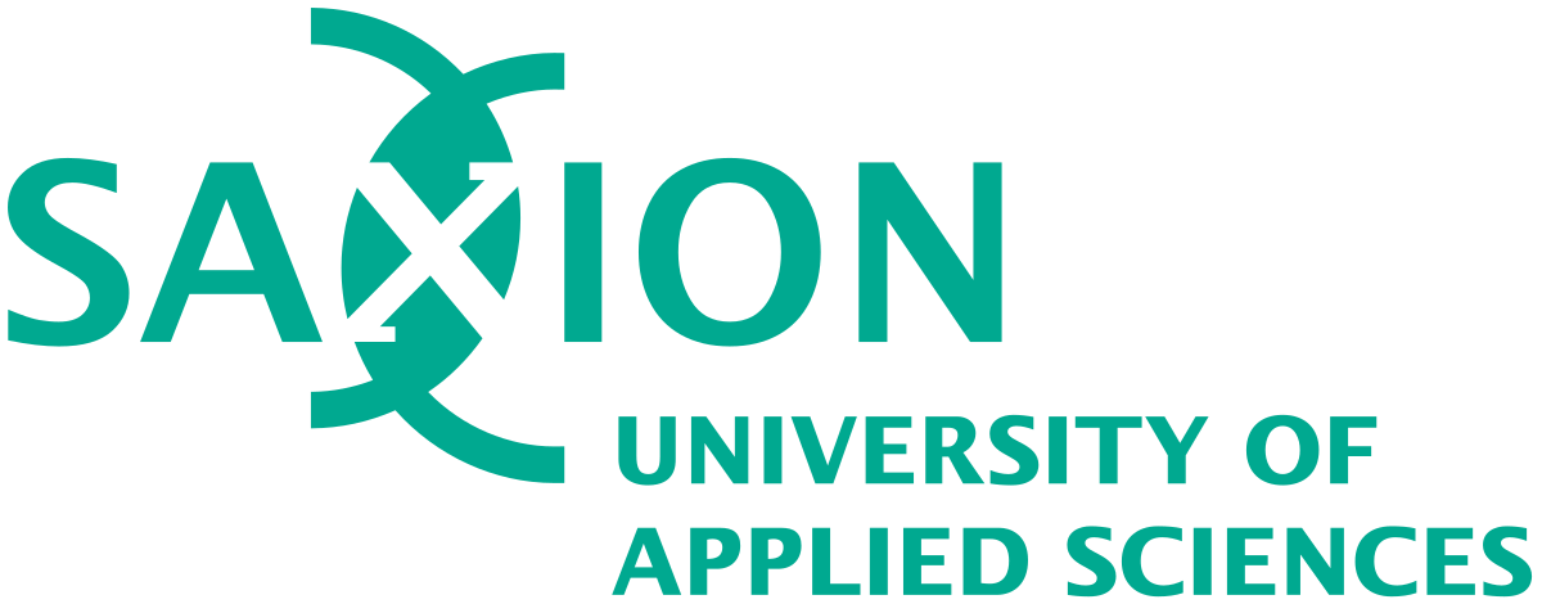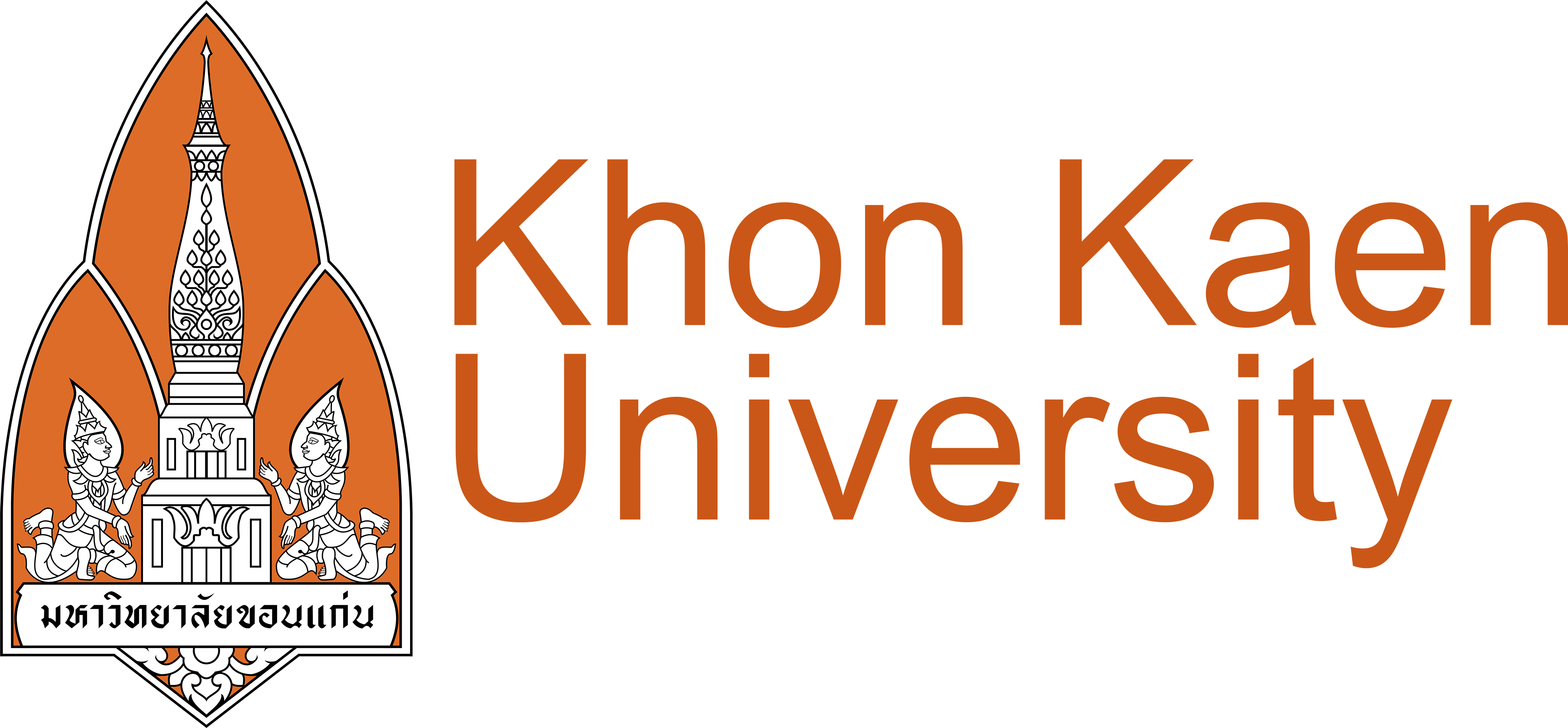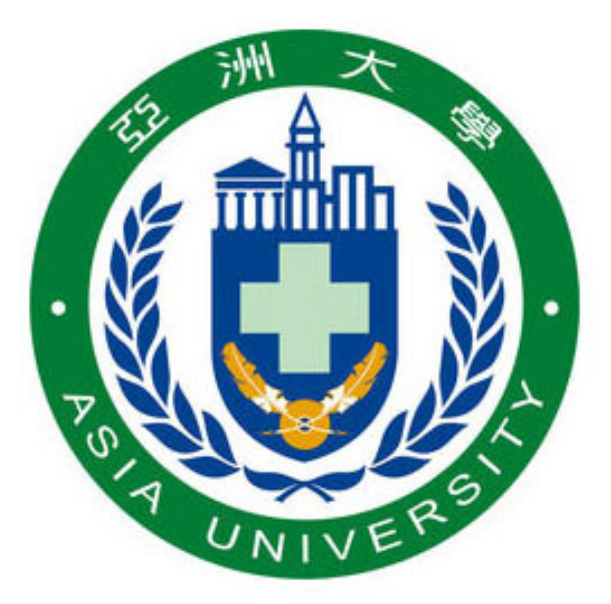Mayor of Yogyakarta: Excellent Human Resources are Key to SDG Success, Reproductive Health Needs Attention
The Mayor of Yogyakarta, Hasto Wardoyo, said that improving the quality of human resources supports the achievement of the Sustainable Development Goals (SDGs) or Sustainable Development Goals 2030. Paying attention to health from an early age is an important part of producing superior human resources.
The man, who is also known as a doctor, said that amid the SDGs 2030 targets, it is important to recognize that many things need to change. He cited the demographic dividend as an example, noting that its potential may not necessarily be positive.
“We must be cautious; our nation (society) is aging but not yet wealthy. The middle-income trap is very challenging. Reproductive health is crucial for improving HR quality,” Hasto said during the National Seminar marking the 1st Anniversary of the Faculty of Medicine at Universitas ‘Aisyiyah (Unisa) Yogyakarta, titled the ‘Aisyiyah Yogyakarta Medical Scientific Meeting (PIKAY) ‘Current Promotive-Preventive Efforts in Reproductive Health Issues’ at the Unisa Yogyakarta Integrated Campus on Saturday (August 2, 2025).
Hasto presented a lecture on the Meaning of Current Promotive and Preventive Measures in Reproductive Health Issues. He noted that reproductive health is interconnected with other variables such as poverty, hunger, health (maternal and infant mortality, stunting), education, and the quality and empowerment of women. “It is a key factor that cannot be overlooked,” Hasto emphasized.
The former Head of the National Population and Family Planning Agency (BKKBN) said that to support the government’s SDG targets, it is necessary to rely on high-quality human resources. According to him, four stages are needed to achieve this.
First, high-quality human resources must be employed. Second, they must save. Third, they must create job opportunities and absorb workers. Fourth, women’s empowerment. “Therefore, the Faculty of Medicine and Unisa itself play a significant role in the chain of achieving high-quality human resources for an advanced Indonesia. Women’s empowerment is one of the keys to progress,” Hasto emphasized.
This national seminar aims to provide education on knowledge and understanding of women’s reproductive health, as well as the management of reproductive health issues for both men and women. The choice of theme aligns with the Faculty of Medicine at Unisa Yogyakarta’s focus on preventing reproductive health issues, particularly pregnancy.
“We are here not only to celebrate the first anniversary of FK UNISA Yogyakarta, but also to participate in a scientific forum that I believe raises strategic and relevant issues, namely the latest promotional and preventive efforts in reproductive health issues reviewed from various perspectives,” explained the Rector of UNISA Yogyakarta, Warsiti.
Warsiti also explained that reproductive health is not merely a medical issue but also a matter of human civilization development. “When we talk about healthy reproduction, we are talking about the future of the nation, I believe,” said Warsiti.
